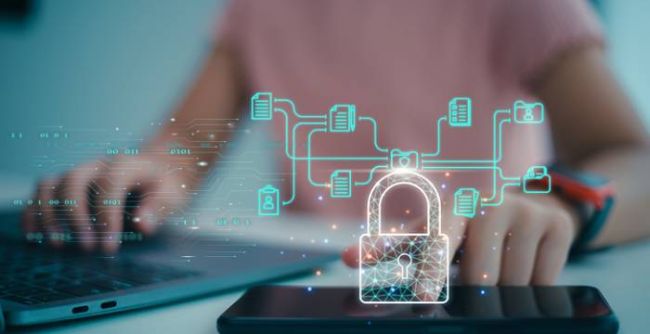The internet is full of faces you can’t trust—whether it’s a job seeker, an Instagram seller, a dating match, or someone claiming to be your long-lost cousin.
Recently, I came across a tool called FaceCheck ID, which promised to help verify whether a photo belongs to a real person or if it’s being used elsewhere online.
_1748409962.png)
Curious and, honestly, a little skeptical, I gave it a try. This is a breakdown of what I learned—not just from my experience, but also from dozens of user reviews, privacy discussions, and the tool’s limitations.
Uploading a Photo: The Simplicity Is Impressive
You don’t need to sign up. You don’t need to install anything. I just visited facecheck.id, uploaded a face photo, and let the system scan the web.
Within seconds, it began showing previews—blurred unless you pay—but clear enough to know if matches exist.
Unlike Google Images or TinEye, this wasn’t about matching full photos. FaceCheck’s tech was reading facial patterns and finding matches from other angles, backgrounds, or lighting conditions.
What It Found and What It Didn’t
In my test, it successfully found the same face on three social platforms and one older blog post. That was impressive, especially since the name attached to the photo wasn’t the same everywhere. That’s a win for facial recognition over basic image matching.
But I also ran another photo—this time of someone who rarely posts online—and FaceCheck returned nothing. That made something clear: if the person doesn’t have a visible online presence, this tool can’t invent one.
What Real Users Are Saying (Good and Bad)
Here’s a snapshot of what people are reporting online:
When It Works Well
_1748410039.png)
- “Found 4 profiles using the same face with different names. Helped me block a scammer.”
- “It’s way better than reverse image search. Caught a fake freelancer I almost hired.”
- “I check matches from dating apps with this now. Gives me some peace of mind.”
- “Very accurate for public faces. It even found old images I forgot about.”
- “I used it to confirm if someone messaging me was legit. Saved me trouble.”
Where It Falls Short
- “Didn’t work for a real person I uploaded. Their photo just wasn’t online anywhere.”
- “Some results were completely unrelated faces.”
- “No delete option after uploading. That’s a huge issue for me.”
- “The price feels high for a tool with inconsistent accuracy.”
- “Needs a clear opt-out or at least a privacy FAQ.”
The Cost Breakdown
You can start for free, but here’s what you get:
_1748410167.png)
Privacy: The Grayest Area
_1748410210.png)
This is where things get murky. FaceCheck ID does not clearly explain:
- How long are uploaded images stored
- Whether they are reused for training the AI
- If you can request deletion or opt out
For a tool dealing with biometric data, that lack of clarity is concerning. If you're privacy-conscious, this should give you pause, especially since there's no user dashboard or deletion button.
Who This Tool Is Actually For
From what I’ve seen and read, FaceCheck ID is useful for:
- People verifying strangers from social media, dating apps, or online stores
- Victims of image misuse want to check where their face appears
- Individuals who want to know if someone is who they say they are
It is not meant for:
- Deep criminal background checks
- Hidden data extraction
- Use without ethical consideration or consent
My Takeaway: Use It Cautiously, But Don’t Dismiss It
FaceCheck ID is a smart tool with a valuable purpose—but it’s not magic. It works best when the person in question has a digital trail. It’s faster and more flexible than Google’s reverse search, but not nearly as powerful or protected as you'd expect from such a sensitive service.
If you’re going to use it, understand what it is:
- A public-facing reverse face search
- With some powerful hits and some hard misses
- And uncertain privacy policies
Final Advice Before You Use FaceCheck ID
- Don’t upload someone’s photo without a good reason
- Be skeptical of results—both when it finds something, and when it doesn’t
- Consider contacting support if you’re concerned about image storage
- Avoid treating it as your only verification method
If you understand its limits, FaceCheck ID can be a helpful part of your online safety toolkit
Post Comment
Be the first to post comment!


